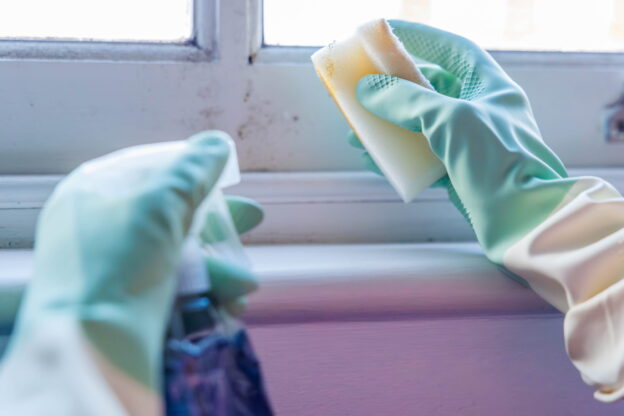Mold can be found in homes and public settings across the nation. Mold can grow anywhere, but is most commonly found in high humidity environments like greenhouses and saunas. Individuals who are exposed to mold can suffer from stuffy noses, skin and eye irritation, and difficulty breathing. Individuals who are allergic to mold can experience more severe symptoms as well, such as fever, shortness of breath, and even mold infection in their lungs.
When you rent a house or apartment, you rent it under the assumption that your landlord took care to remove any potential hazards in the unit. However, this is not always the case. If you are exposed to mold in your home and suffer physically as a result, you have the right to seek compensation from your landlord through a premises liability claim.
Who is Liable for Mold-related Damages Suffered in Rented Properties?
As the owner of the property, your landlord is liable for any damages you suffer from preventable hazards in your house or apartment, mold included. However, you must be able to prove that you became ill and suffered the financial damages for which you are seeking compensation because of your landlord’s negligence in order to recover compensation through a premises liability claim. Unlike other household hazards, like asbestos and lead paint, there are no specific laws requiring landlords to remove mold from rental properties or disclose its presence.
What Can a Tenant Do if there is Mold in Their Home?
When a tenant discovers mold in his or her home, he or she can file a mold complaint with the City of New York. Before doing this, though, he or she should discuss the issue with his or her landlord to see if they can resolve it.
When a landlord does not respond to a tenant’s claim of mold in his or her apartment, the tenant can take one of two self-help options:
- Rent withholding, refusal to pay rent on the grounds that the apartment is uninhabitable
- Repair and deduct, which involves the tenant performing mold cleanup and repair and deducting the cost from his or her rent. This can be the cost of a repair person to perform the work or the cost of the tenant purchasing the necessary supplies and performing the work him- or herself.
Before taking either of these routes, speak with an experienced tenant’s rights lawyer to determine whether you have grounds to refuse to pay part or all of your rent.
Work with an Experienced New York Premises Liability Attorney
You do not have to live in a home where you and your family are exposed to mold or other hazardous materials. If you are suffering financial damages because of your exposure to mold in your rented house or apartment, consider seeking compensation for your damages through a premises liability claim. Call The Law Office of Jeffrey K. Kestenbaum at 718-237-5586 today to set up your initial consultation with an experienced premises liability lawyer.







